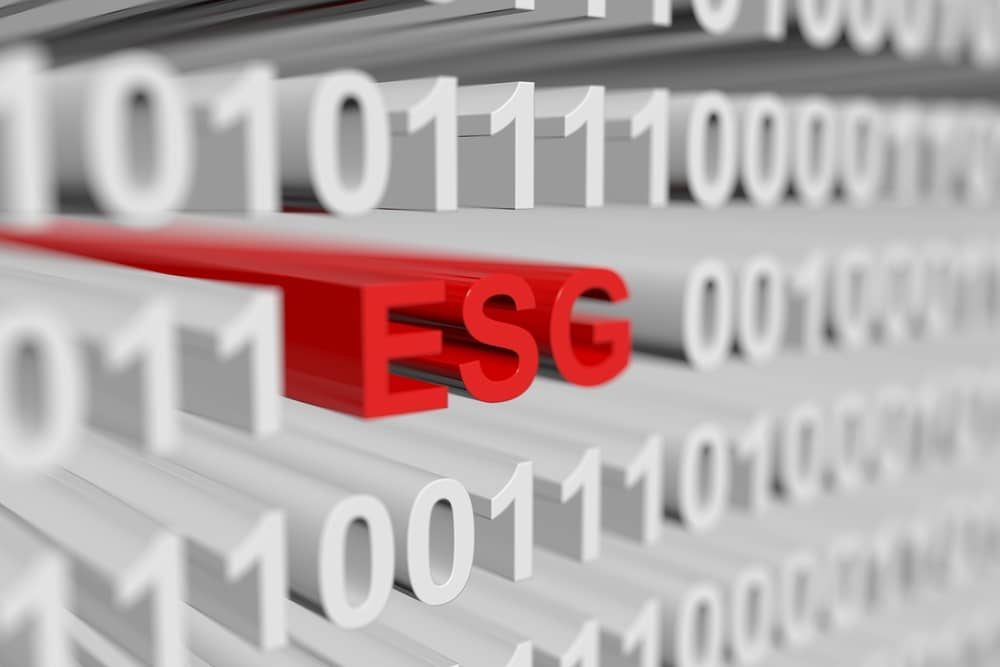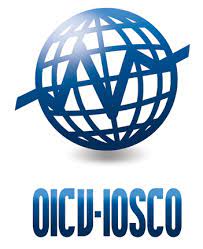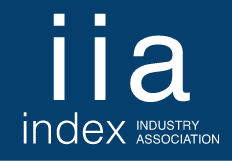The International Organization of Securities Commissions (IOSCO) has issued a consultation with the market to tackle the lack of transparency and consistency underpinning data reporting across different industries and geographies.
The regulator is aiming to help members understand the implications of ESG ratings and data providers’ activities and help mitigate against resulting risks.
So far, the organisation said methodological shortcomings in data gathering could lead to inconsistencies in investment strategies and concerns around conflicts of interest including fee structures and insufficient separation of business lines that provide advisory services to issuers to improve their ratings performance.
IOSCO added these shortcomings are significant, given the market for ESG ratings and data has grown – and will continue doing so – with investors at risk of being exposed to greenwashing while trying to align their portfolios with legislative and regulatory developments.
The IOSCO board then offered three areas of priority for companies and asset managers to improve their sustainability-related disclosures.
First, it encouraged the development of globally consistent standards for sustainability-related disclosure across jurisdictions, including the coverage and breadth of sustainability topics.
Next, it highlighted the importance of promoting comparable metrics and narratives on industry-specific, quantitative comparisons in company disclosures and a standardisation of narrative information.
Finally, it advocated for coordinating across approaches to drive consistency of disclosures with a focus on value creation, while incorporating considerations such as companies’ dependence on external stakeholders, investors’ need for information on wider sustainability impacts and facilitating independent assurance of company disclosures.
To these ends, IOSCO announced it will work with the IFRS Foundation to set up the Sustainable Standards Board (SSB) by November 2021 which will write global standards for company disclosure on climate change – though the initiative will use some of the content of existing sustainability-related reporting frameworks.
Clearer standards will help investors more clearly understand how companies are rated by different providers, however, it means ratings promoters will disclose the purpose and impacts of ratings in a transparent way, rather than all companies receiving the same rating score by all providers.
Ashley Alder, chair of IOSCO and CEO of the Securities and Futures Commission of Hong Kong, said: “The use of ESG rating and data products is on the rise but most jurisdictions do not have regulatory frameworks which explicitly cover the providers of these products.
“Users have signalled that having multiple ESG ratings and data products can cause confusion, raising serious questions about relevance, reliability and greenwashing.”
Other research published by the Index Industry Association (IIA) in July also highlighted a lack of transparency and data standardisation as major barrier to further uptake of ESG.
In its survey of 300 European and US asset managers, the IIA found two-thirds were concerned about insufficient transparency and corporate disclosure in relation to firms’ ESG activities, while 61% said there were a lack of meaningful metrics and 58% complained there was a lack of data standardisation.
However, regulators appear to share data promoters’ challenges, with the EU delaying level two of its Sustainable Finance Disclosure Regulation (SFDR) until July 2022 while industry commentators have warned Article 8 of the regulation remains vague and increases the risk of greenwashing.




